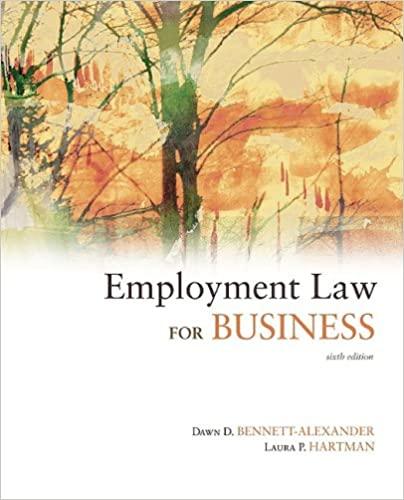Although the First Amendment generally prevents the U.S. government from engaging in censorship, an exception exists for broadcast radio and television. Unlike cable and satellite
Although the First Amendment generally prevents the U.S. government from engaging in censorship, an exception exists for broadcast radio and television. Unlike cable and satellite programming, which requires viewers and listeners to "opt in" with a paid subscription to access content, broadcast radio and television use the public airwaves to carry transmissions that are readily accessible for free by anyone with a television or a radio. In 1973, in a case involving comedian George Carlin's "Dirty Words" monologue, the Supreme Court held that although the monologue wasn't obscene, the government (through the Federal Communications Commission, or FCC) could nonetheless regulate indecent material when vulnerable listeners, such as children, may be listening. Do you believe that in some instances the Government should have the ability to regulate information that is given to the public, or does this action an unlawful interference or overreach by governmental authorities?
Step by Step Solution
There are 3 Steps involved in it
Step: 1

See step-by-step solutions with expert insights and AI powered tools for academic success
Step: 2

Step: 3

Ace Your Homework with AI
Get the answers you need in no time with our AI-driven, step-by-step assistance
Get Started


